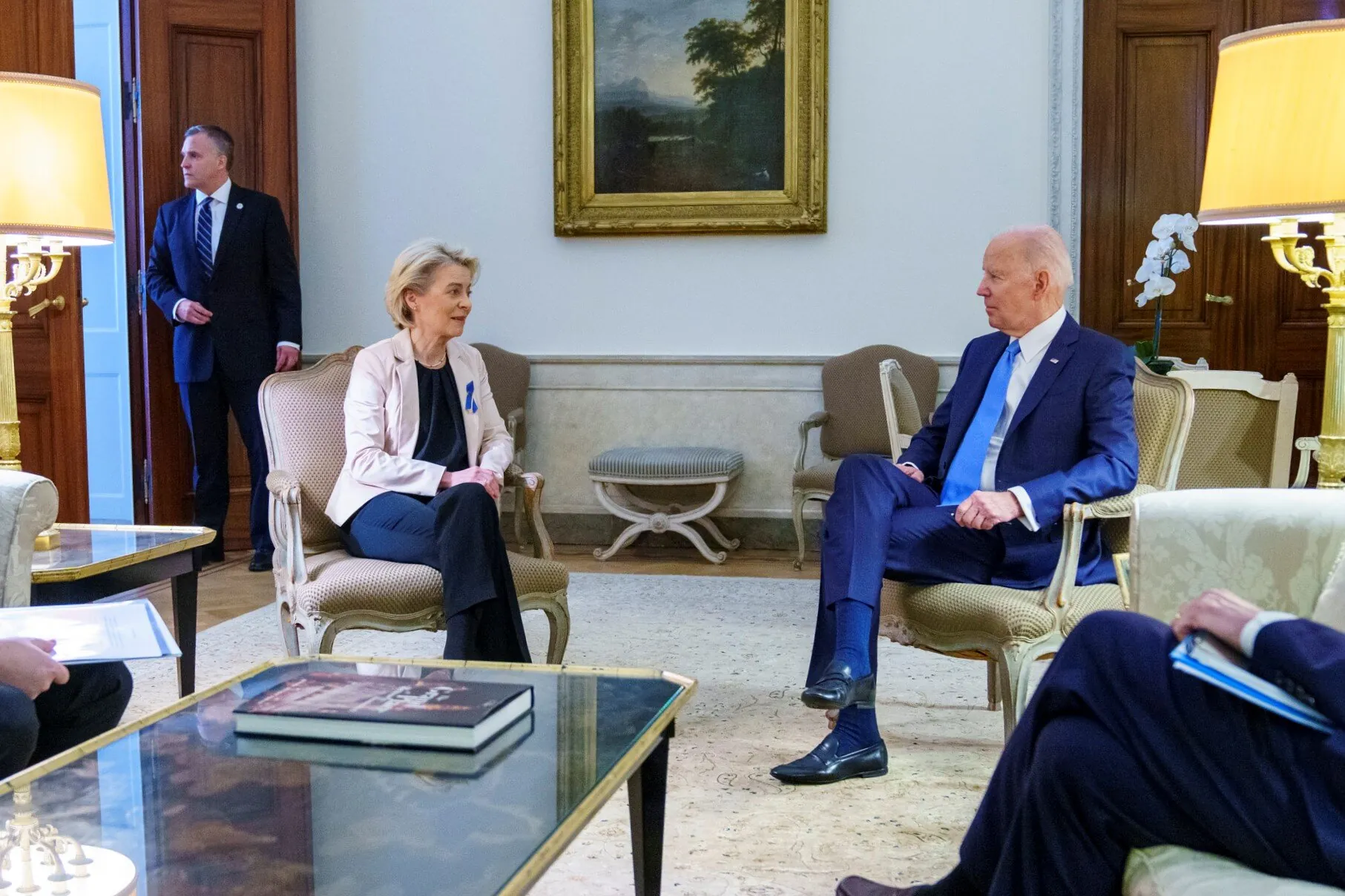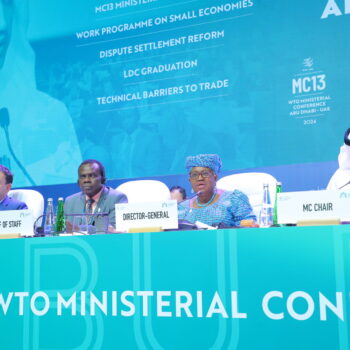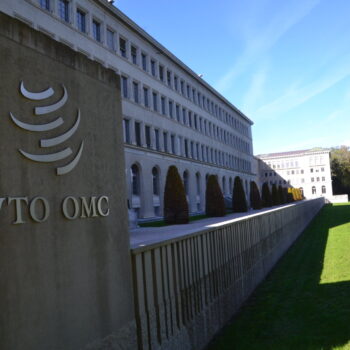Since late 2021, the EU and US have been negotiating a “carbon-based sectoral arrangement”: the Global Arrangement on Sustainable Steel and Aluminium (GSA). Highly ambitious in its aspirations, time is now running out for the two sides to conclude negotiations before their initial deadline of October 2023. Ahead of that moment, this briefing makes the case for a reset in negotiations.
- The EU and US should agree on a GSA negotiating deadline extension of at least two years.
- In parallel, the two sides should continue to suspend reciprocal measures associated with the section 232 trade dispute.
- Along with an extension, the EU and US should agree to reset negotiations ahead of COP28, with a clearer focus on the GSA’s climate criteria.
- A reset would involve agreeing to an updated joint political interpretation of the GSA’s goals, with both sides then setting new mandates for negotiations.
- The reset GSA negotiations should be split into two tracks, with climate-related goals in one track and overcapacity-related goals in another.
- The two sides should respect each other’s red lines and not complicate GSA negotiations with attempts to secure either US Inflation Reduction Act or EU Carbon Border Adjustment Mechanism exemptions.
A renewed focus on the climate policy criteria of the GSA should include:
- Agreeing on ambitious, progressive emissions intensity thresholds for steel and aluminium production and consumption.
- Committing to ambitious public procurement targets.
- Ensuring increased climate ambition over time through a ratchet mechanism.
- Agreeing on a set of permissible green industrial subsidies that do not contribute to overcapacity.
Both sides need to carefully navigate cooperation and competition dynamics to avoid alienating trade partners. If carbon intensity-based tariffs or product requirements are adopted, these need to be accompanied by support for Global South partners in the form of finance, technology access, and capacity building.
Read the full briefing on the EU–US global arrangement on sustainable steel and aluminium here.


